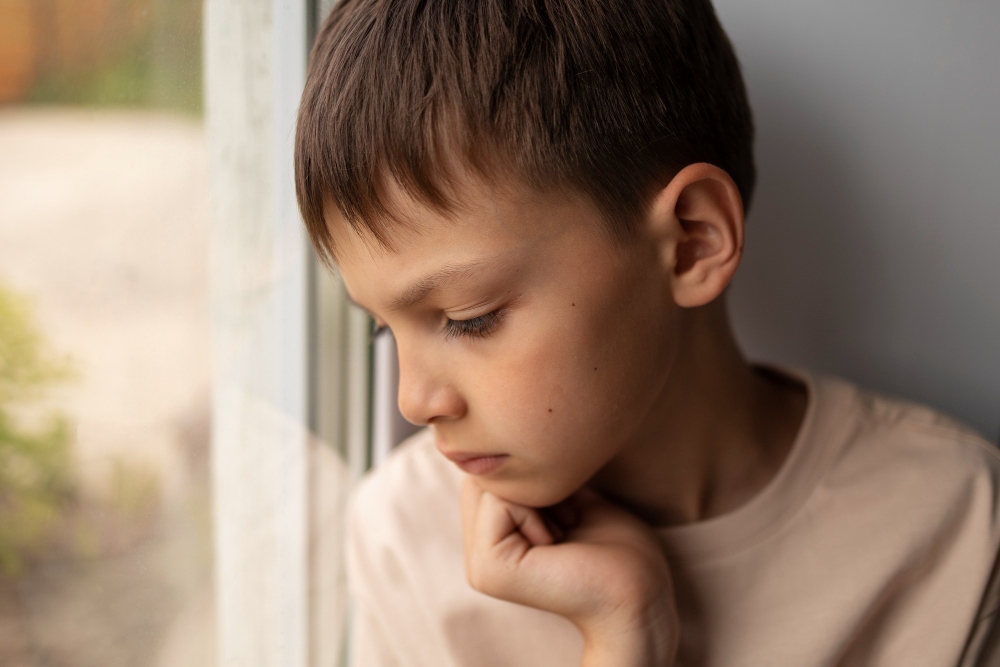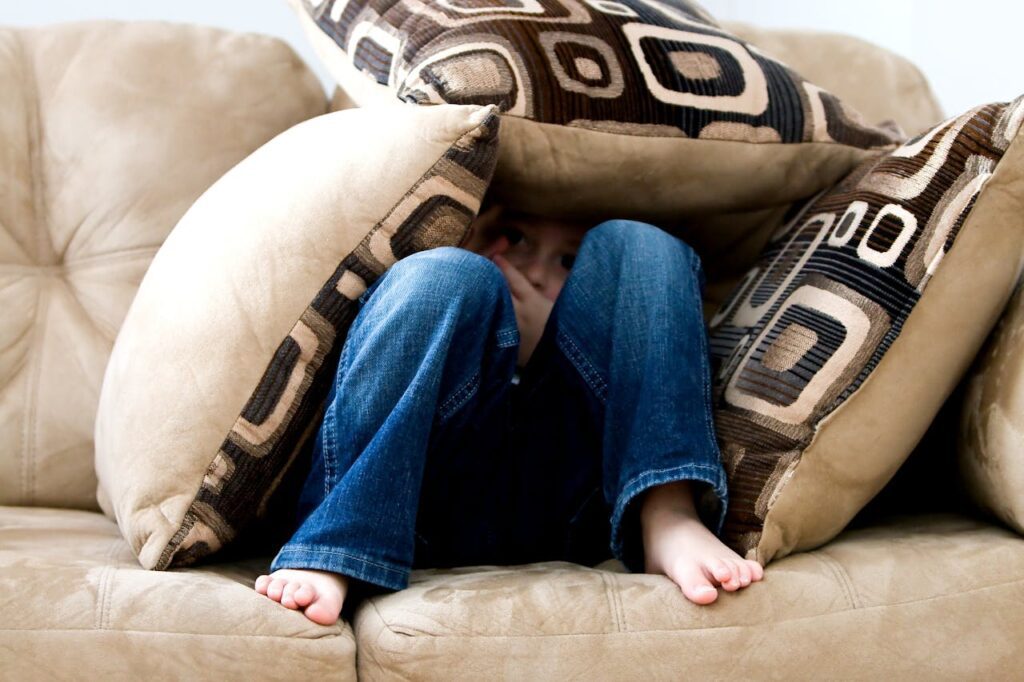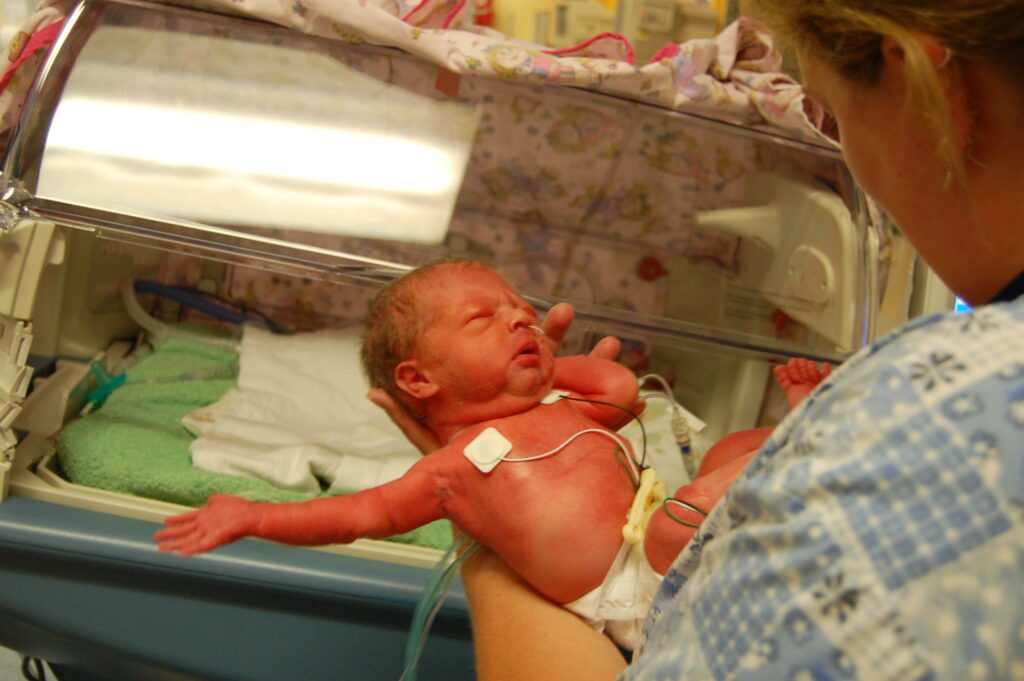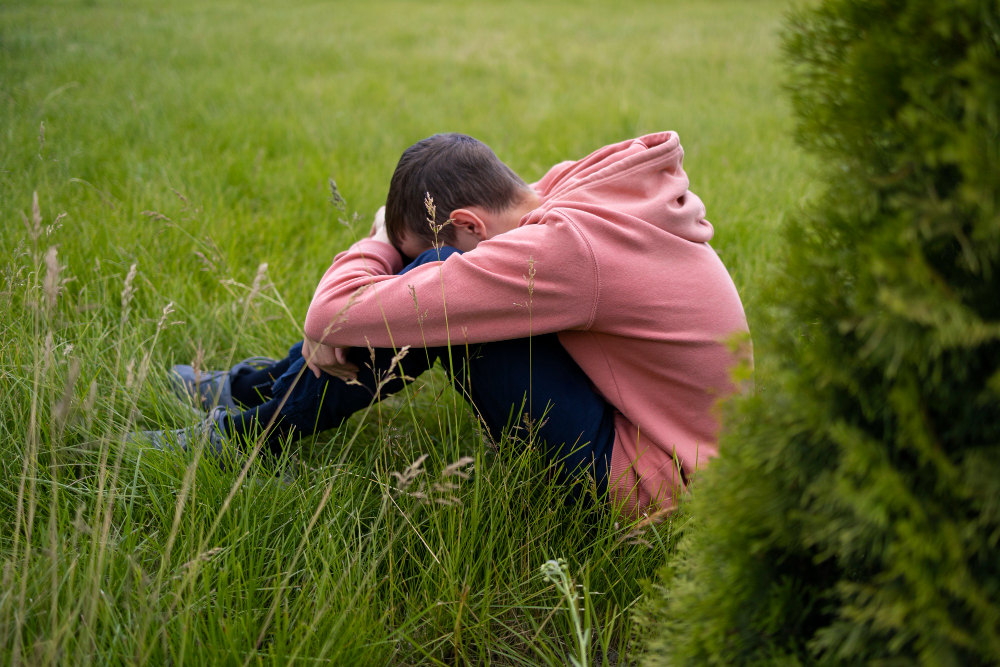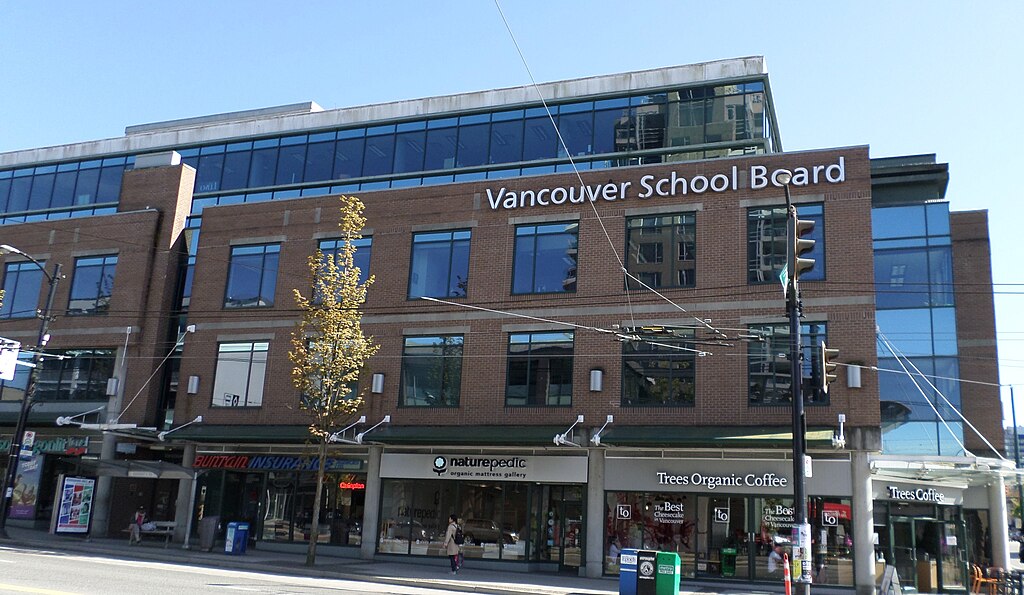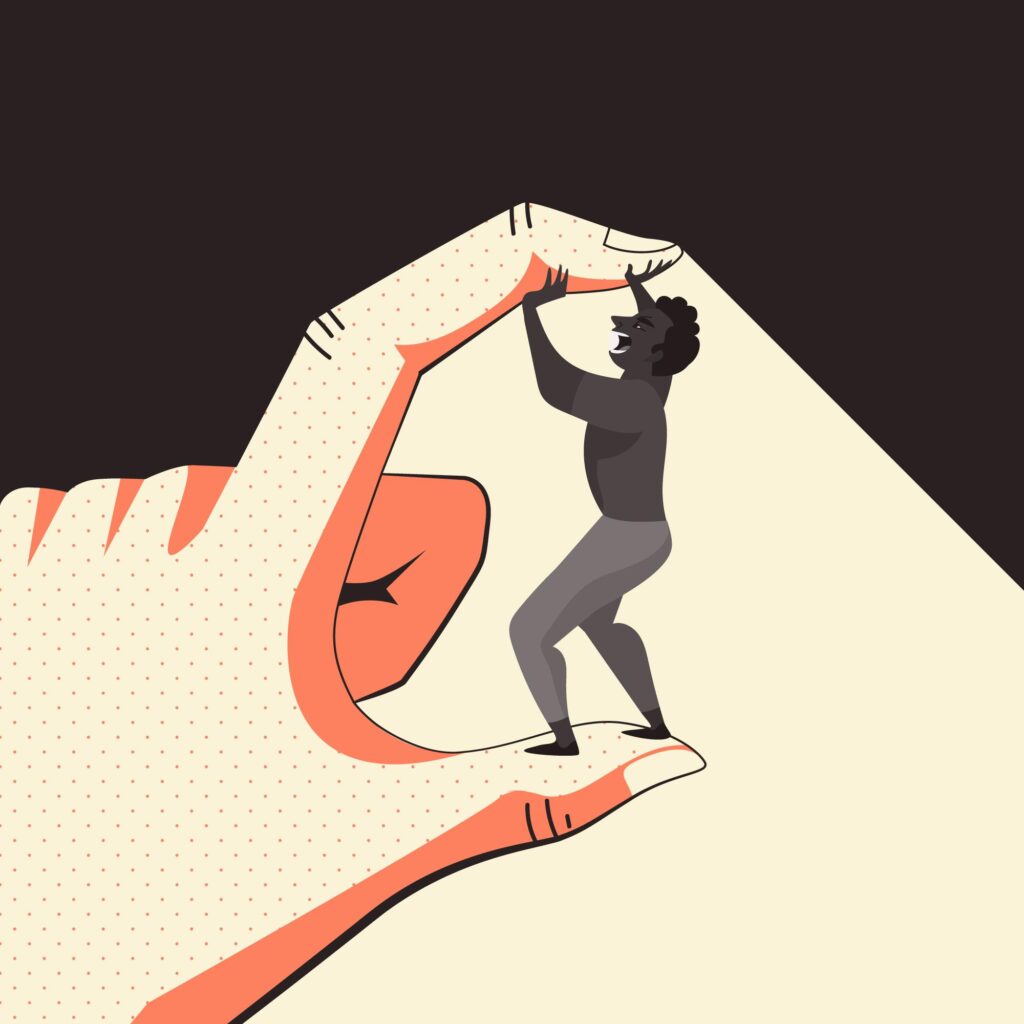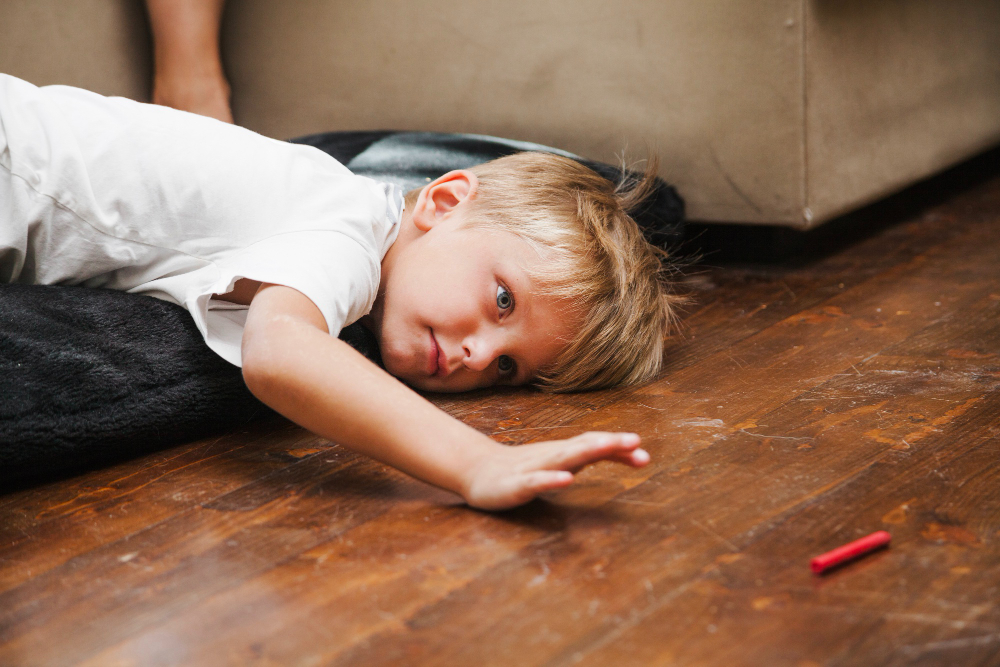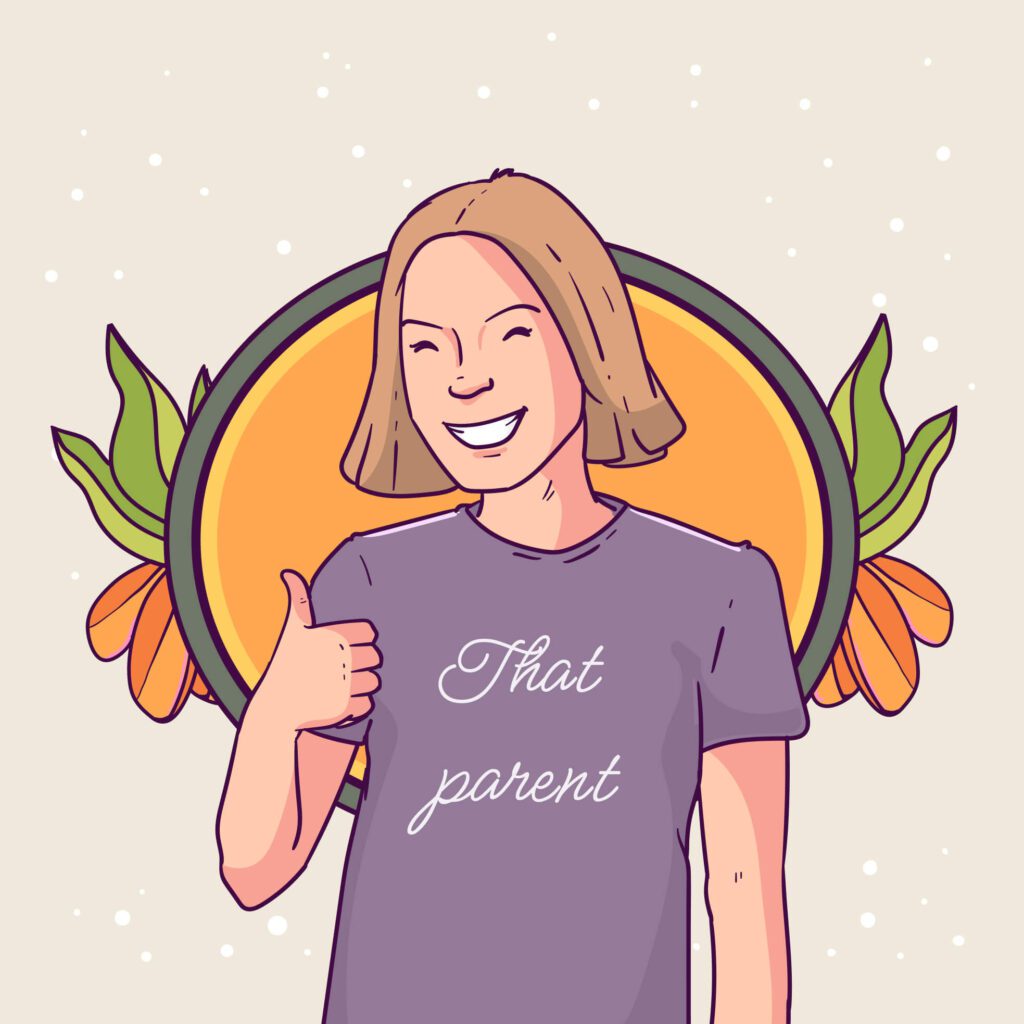
Institutional Harm
When harm is built into policy and procedure—not an accident, but an outcome.
-
How do you live with yourself
Part of my neurodivergence is fatalism; part of it is hyperphantasia; part of it is the inability to look out at a beautiful landscape without imagining loss, rupture, and death, because even as a small child on the ferry to Victoria, while other people were looking out over the water and the mountains and the…
-
I have thought about writing her a letter
I have thought about writing her a letter—something long and deliberate, something shaped by memory and moral clarity, something that names what occurred and places it in her hands before the door finally closes. The idea moves through me with a kind of gravitational pull, neither urgent nor calm, just pressing and circling. I return…
-
Wait and see: a mother’s warning
Before kindergarten began, we told them—unequivocally, painstakingly, with as much specificity as we could muster—that our son had been harmed in daycare, that he had a long line of diagnoses and was awaiting an autism assessment, that his nervous system was thrashed, and that he would require sustained, full-day relational support in order to experience…
-
What replaced the strap in Canadian schools?
They took the strap away—or at least, they removed the physical instrument, the leather loop of institutional discipline that had once been the sanctioned mechanism of control in classrooms across the country. Even if we never felt it on our own skin, we knew what it meant; we had heard the sound of it slapped…
-
The architecture of exclusion: how schools erase, silence, and wear down families
Schools are supposed to be spaces of inclusion and support—but for many families, especially those raising disabled or neurodivergent children, advocacy is met with a wall of politeness, professionalism, and performative listening that hides a deeper violence: rhetorical control. One of the most common tactics is tone policing: the redirection of attention from a parent’s concern…
-
A survival guide for children in schools that don’t keep them safe
“If no one listens, go to the bathroom and call me. I will always come.” This isn’t just parenting. It’s crisis management. When schools become unsafe—when accommodations are denied, when support staff are missing, when harmful adults are brought back again and again—families like mine develop our own protocols. We build them from repetition, from…
-
She called the police and the principal told them not to come
They used to be friends—Jeannie and Adam, two children who grew up side by side, navigating the same schoolyards, chaotic birthday parties, playdates, and a sense that their differences were both misunderstood. They went to the reptile show together and settled into the rhythm of primary school routines, and the kind of familiarity shared by…
-
On free IVF: love and systemic neglect
BC is funding IVF, but not the care children need once they’re born. Love is enough. The system isn’t. This is betrayal dressed as hope.
-
Becoming neurodiversity affirming means listening to Autistic people—not managing them
Too many school-based approaches still centre on control: eye contact, quiet hands, forced compliance, and the suppression of stimming, protest, or joy. But Autistic advocates have been clear: these methods may produce short-term behavioural conformity, but they come at the cost of safety, trust, and long-term mental health. Compliance is not connection. Masking is not…
-
Punished for bed wetting
I’ve woken up in the middle of the night to help my children when they’ve wet the bed—perhaps after a bad dream or too much water before bedtime. I remember helping them change their clothes, stripping the bed, telling them gently: it’s okay. It happens. It’s a small moment that reminds me what care looks…
-
When they knew it hurt, and did it anyway
I was clear. I was specific. I was unwavering. I told the Vancouver School Board that I believed behaviourist strategies were harmful, violated my child’s dignity, and contradicted our family’s ethics—and that continuing to use them without consent would cause further harm. They used them anyway. Over and over, the school district returned to strategies…
-
Forgiveness, or whatever comes after disbelief
A friend asked me recently why I hadn’t filed more external complaints—human rights complaints, formal grievances, legal action. And it’s true. I should have. There were so many moments where I could have, where I had grounds to. And I believe deeply in the importance of external complaints. I’ve written about them. I’ve supported other…
-
To the neurodivergent kid who got blamed
Worried your mistake might get your whole class punished? That fear isn’t yours to carry. Here’s why—and what you can do.
-
Not a stick in the mud
When I told another mom recently—someone kind, someone well-meaning, someone whose son used to play with mine back when things were easier—that I was feeling fragile about him being home since March, and that it had all gotten heavier than I expected, she responded gently and said, “Would he like to come over for a…
-
How we change culture: From ashtrays to accountability in BC schools
Once, we smoked in office buildings. Not just on breaks or in private spaces—at desks, in meeting rooms, on airplanes. The haze of other people’s choices was something you had no right to escape. That was just how things were. Until it wasn’t. Now, the idea of someone lighting a cigarette during a staff meeting…
-
Trust as performance: when schools want deference, not dialogue
One of the most infuriating parts of being gaslit by my children’s elementary school was the repeated suggestion that I simply didn’t trust them enough. That the reason my child was struggling wasn’t because support was missing, or harm had occurred—but because I had failed to signal trust. Failed to pretend everything was fine. As…
-
Just when it starts working, they take it away
The cruelty of temporary support in BC schools. There is a particular kind of cruelty in getting what your child needs—finally—and knowing it will be taken away. In the fall of 2017, our family reached a breaking point. Our child Robin was refusing school, destroying the classroom, and coming home dysregulated and despondent. The school…
-
She graduated and this is what she learned
On raising a badass advocate, unintentionally. I didn’t set out to raise an advocate—I set out to raise a child. A child who might feel safe in her body and steady in her breath, who might look out at the world and feel drawn toward it rather than braced against it, who might trust her…
-
Gaslighted by proxy: how schools grant coercive power to the quietest parent
When one parent advocates and the other undermines, the school almost always aligns with the one who “gets along.” Not because that parent is more informed, more accurate, or more protective—but because they are easier to accommodate. They agree easily. They stay quiet. They don’t write long emails. They rarely attend meetings. They couldn’t draft…
-
Apparently, starving yourself isn’t a serious mental health condition in VSB
There is a kind of harm that unfolds slowly — a hunger that accumulates across weeks and months, tucked beneath the surface of routines and well-meaning systems. My daughter is autistic, has ADHD, and a feeding disorder called ARFID. She eats quietly, cautiously, in ways that make sense to her nervous system. Her paediatrician recommended…



